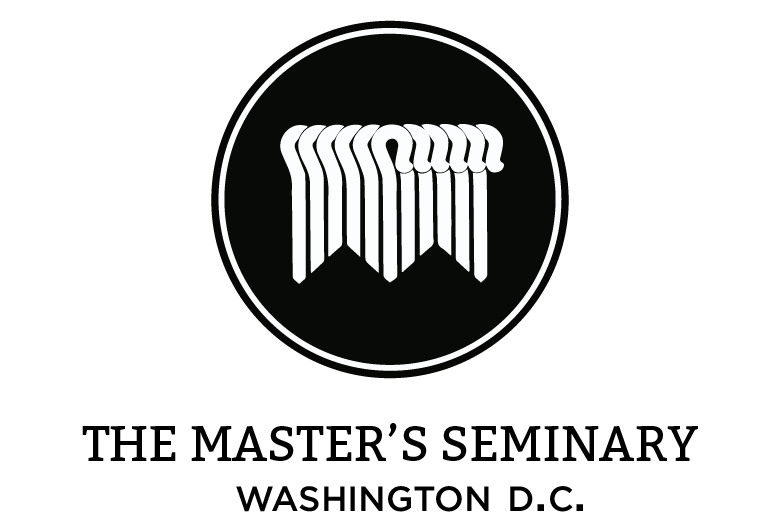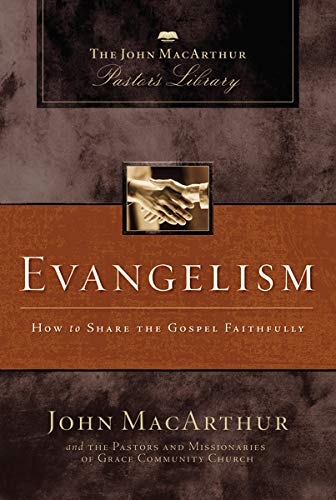 Yesterday I spent some time describing the presuppositionalist school of apologetics. Today, I want to evaluate it. As you were probably able to tell from that post, I tipped my hand a bit and probably let on that I’m a fan. In fact, I believe that presuppositional apologetics is the best model among the various systems of apologetics, particularly because it is the school that most faithfully submits to the implications of Scriptural teaching. I believe this for several reasons.
Yesterday I spent some time describing the presuppositionalist school of apologetics. Today, I want to evaluate it. As you were probably able to tell from that post, I tipped my hand a bit and probably let on that I’m a fan. In fact, I believe that presuppositional apologetics is the best model among the various systems of apologetics, particularly because it is the school that most faithfully submits to the implications of Scriptural teaching. I believe this for several reasons.
Consistent with the Nature of Man and Salvation
First, presuppositionalism is the only school of apologetics that is consistent with what the Bible teaches about the nature of sinful man and the gift of salvation. All schools of apologetics will admit that their ultimate goal is not merely to win an argument or to show up a philosophical opponent. All Christian apologists defend the faith in order to honor God and to see people get saved. Yet it seems to me that other schools of apologetics—particularly evidentialism and classical apologetics—fail to bring their practice in line with what the Bible teaches about man’s depravity and God’s salvation.
Evidentialism treats man as if his problem is merely intellectual. It offers arguments and evidences for the likelihood of Christian claims and asks the unbeliever to render judgment. Classical apologists do the same thing, but they insert an extra step by arguing for theism in general before Christian theism in particular. However, both of these methods ignore the fact that the unbeliever’s problem is moral, not intellectual. All evidence will be interpreted in light of someone’s existing worldview. And the Bible tells us that the unbeliever is blind to the glory of Christ (2 Cor 4:4) and actively committed to suppressing whatever knowledge of God they do have (Rom 1:18) because they love their sin (John 3:20).
Don’t get me wrong: Other schools of apologetics certainly confess that it is ultimately the Holy Spirit who changes hearts. But they seem to neglect the reality that the means by which He does so is the preaching of the Gospel (Rom 1:16; 10:17; Jas 1:18; 1 Pet 1:23–25), not the presentation of evidences or the soundness of extrabiblical arguments. Presuppositionalism, then, is the only school of apologetics that behaves consistently with a biblical anthropology and a monergistic view of regeneration.
Argues in Accordance with Reality
Secondly, the presuppositional apologist has the advantage of never having to pretend that reality isn’t the way it is. Notwithstanding the unbeliever’s disagreement, from a purely objective standpoint, God actually does exist. He actually is who He says He is. He actually did create the world in six days. And the Bible actually is His infallible and inerrant Word. It is a good thing, therefore, to reason as if all of those things are actually true and not merely likely or probable.
Both evidentialism and classical apologetics require the apologist to (temporarily, and for the sake of argument) surrender presuppositions about the world that are actually true in order to have their discussions. This is surely an epistemological weakness. But it is also a practical weakness. Surrendering those presuppositions—especially that the Bible, as God’s revelation, is the starting point for knowledge—denies in practice what the apologist is aiming to prove; namely, that God exists and His Word is authoritative. The apologist should not deny by his methodology the very thing he desires to persuade his hearers to believe.
In fact, this is consistent with the way the Bible itself speaks about the existence of God and the integrity of His Word contained therein. Scripture is clear that God has not left these matters open for debate. God never presents Himself in Scripture as a proposition to be coolly evaluated and decided over. Nobody ever gets to tell God, “Wait a second, let me see if You really do exist.” He simply asserts, “I AM WHO I AM.” Trying to evaluate the evidence for God or for the veracity of Scripture apart from Scripture is an endeavor on the order of asking to measure a meter stick. We do not measure the instrument of measurement; it does the measuring.
“But isn’t that begging the question?”
 The greatest challenge leveled at presuppositionalism is that it employs circular reasoning. Presuppositionalists are accused of arguing like this: “The Bible is true because it says so.” The natural instinct of many Christians is to go outside of the Scriptures themselves when trying to prove their genuineness (which is precisely what classical apologists and evidentialists do). After all, the naturalist or the rationalist doesn’t agree that the Bible is true, so appealing to the Bible’s authority is merely circular and unhelpful, right?
The greatest challenge leveled at presuppositionalism is that it employs circular reasoning. Presuppositionalists are accused of arguing like this: “The Bible is true because it says so.” The natural instinct of many Christians is to go outside of the Scriptures themselves when trying to prove their genuineness (which is precisely what classical apologists and evidentialists do). After all, the naturalist or the rationalist doesn’t agree that the Bible is true, so appealing to the Bible’s authority is merely circular and unhelpful, right?
But those who make this objection fail to realize that they do the very same thing. Everyone reasons according to his own ultimate presuppositions. Every philosophy reasons by its own epistemological standards, otherwise it’s inconsistent with itself.
For example, if I ask a rationalist for evidence for his credence in rationalism as an adequate theory of knowledge, he’s going to give me a reason. Or if I ask a naturalist for evidence for his credence in naturalism as an adequate theory of knowledge, he’s going to give me a summary of observable facts of nature. They’re turning to their “Bible,” if you will. But when they demand evidence of Scripture’s genuineness and we Christians give them a Bible verse, they shout, “Circular reasoning!” But that’s no more circular than what they do. It’s simply remaining consistent with one’s own epistemology.
See, rationalists appeal to reason as the source of knowledge. That’s what makes them rationalists. Naturalists appeal to nature as the source of knowledge. That’s what makes them naturalists. But Christians must appeal to the Scriptures as the source of knowledge. That is what makes us Christians. We should not, therefore, surrender what makes us distinctively Christian in our epistemology. Besides, if I’m trying to help an unbeliever understand that the Word of God is the supreme authority for the lives of all people, what higher authority could I appeal to in order to demonstrate that? There isn’t one!
Self-Authenticatingly Glorious
Jonathan Edwards provides the key thought when he says, “The gospel of the blessed God does not go abroad a begging for its evidence, so much as some think: it has its highest and most proper evidence in itself” (Religious Affections). That is to say that the Word of God itself is so self-authenticatingly glorious that the very glory of it is its own evidence. Our business, then, is to put that glory on display, recognizing that nothing else will convict the sinner of his sin and convince him of the loveliness of Christ. In my judgment, presuppositionalism remains consistent with these biblical realities where other schools of apologetics do not.










